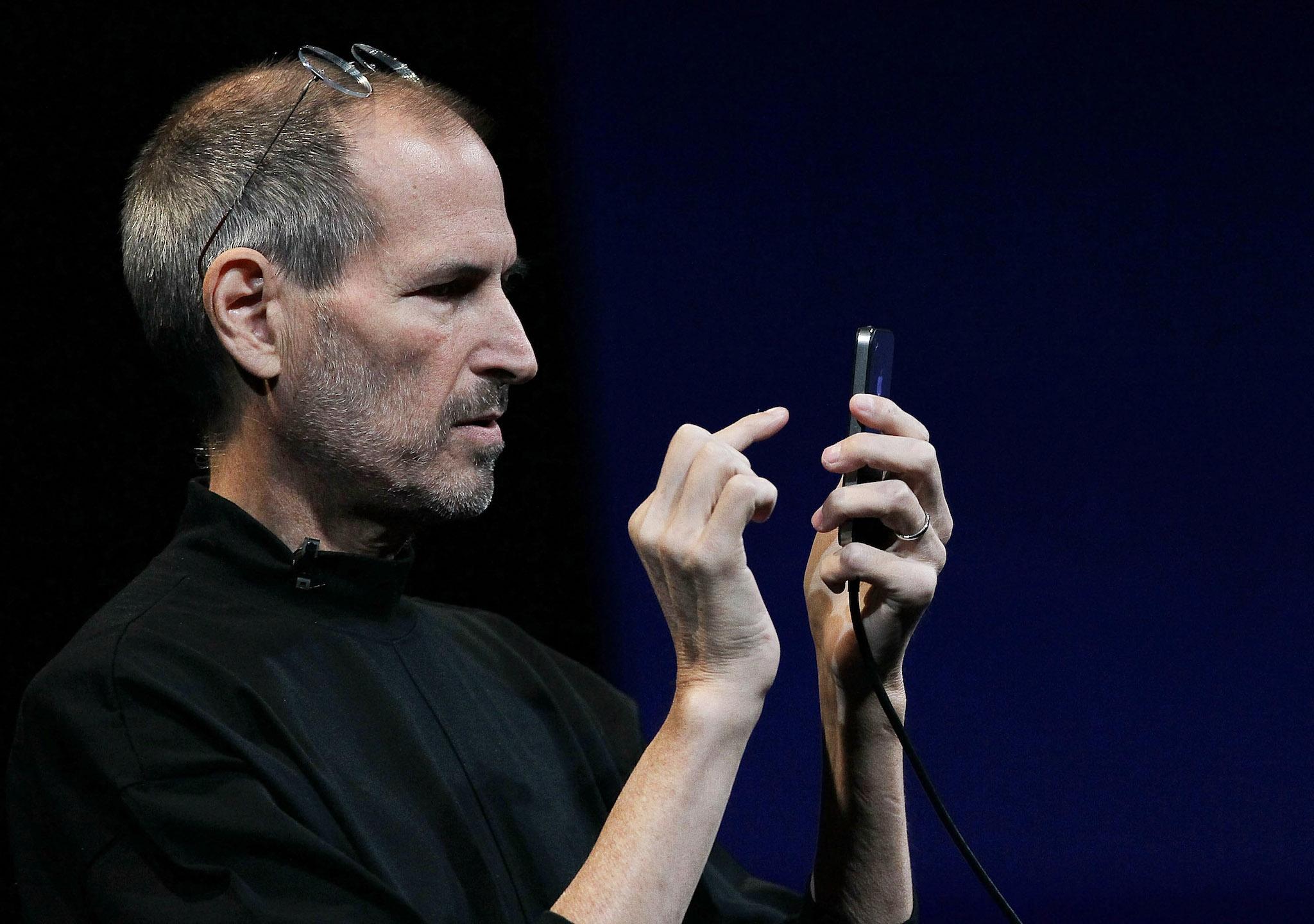Adobe Flash to be killed off by 2020, killed off by the iPhone and new web technologies
Steve Jobs famously hated the plug-in and refused to let it come to the iPhone

Your support helps us to tell the story
From reproductive rights to climate change to Big Tech, The Independent is on the ground when the story is developing. Whether it's investigating the financials of Elon Musk's pro-Trump PAC or producing our latest documentary, 'The A Word', which shines a light on the American women fighting for reproductive rights, we know how important it is to parse out the facts from the messaging.
At such a critical moment in US history, we need reporters on the ground. Your donation allows us to keep sending journalists to speak to both sides of the story.
The Independent is trusted by Americans across the entire political spectrum. And unlike many other quality news outlets, we choose not to lock Americans out of our reporting and analysis with paywalls. We believe quality journalism should be available to everyone, paid for by those who can afford it.
Your support makes all the difference.Adobe Flash is dead.
The plug-in – loved and hated across the world – won't actually be put out of its misery until 2020. But the company that makes it has signalled it will come to an end.
Flash was once the technology powering the many games and videos of the early internet. As an animation platform it allowed for the creation of clickable games and videos on places like YouTube, and in so doing helped create the web as we know it today.
But it was also slow and unwieldy. And it was filled with security holes, which meant that hackers could break into the software and then into people's computers.
Those problems led experts to encourage people to block or delete the plug-in as soon as they could, to avoid further problems with the now ageing software.
Much of its functionality has now been replaced by HTML 5, a more recent invention that avoids the problems of Flash but includes the same functionality.
Govind Balakrishnan, Adobe's vice president of product development, said that the advances in those rival products had made Flash able to be killed off. The competitors had "matured enough and are capable enough to provide viable alternatives to the Flash player", he said.
"Few technologies have had such a profound and positive impact in the internet era," he noted.
When Adobe bought Flash in 2005, it was installed on 98 per cent of computers in use. That number is now just 17 per cent, and dropping rapidly.
Apple – and more particularly Steve Jobs – famously hated Flash. He despised it so much that he refused to allow it to come to the iPhone, a decision that is widely seen as the beginning of the end.
Initially that caused some problems, since the Apple phone was unable to open videos and games that were used across the internet. But the phone was so popular
Adobe was even forced to take out full-page ads in newspapers to plead with Apple not to drop it from the phone. But it did, and the internet eventually worked around it.
The news comes a couple of days after Microsoft announced that it would kill paint, and a day after it said that the huge outrage meant that it would keep it around. But Flash hardly has any of the same nostalgia value or supporters, and so is unlikely to be mourned.
Join our commenting forum
Join thought-provoking conversations, follow other Independent readers and see their replies
Comments